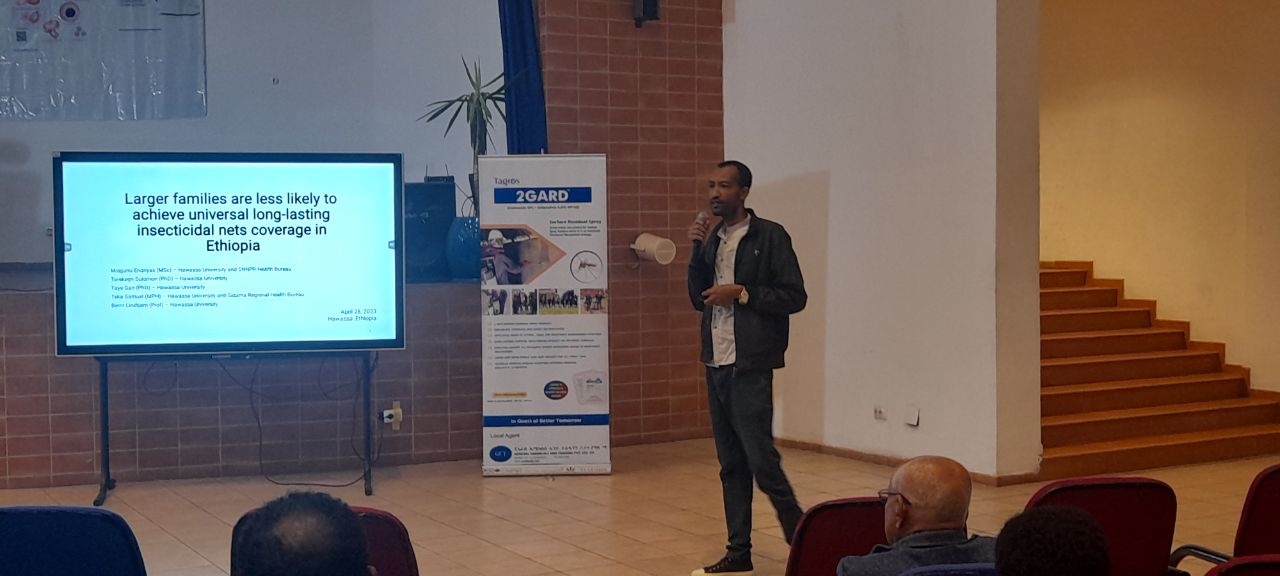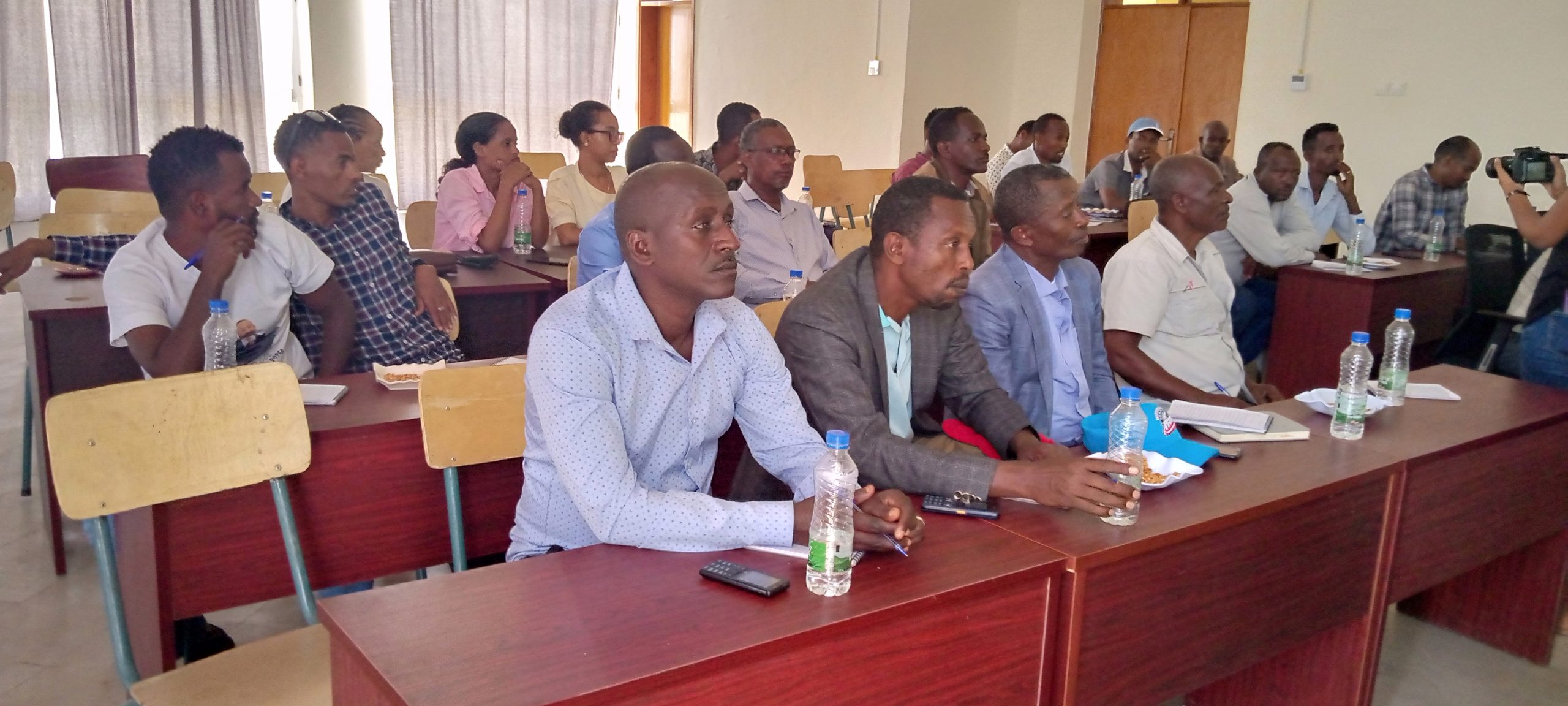Malaria and other vector-borne diseases most affect low-income people living in poorly constructed houses and poorly managed environments. A recent review on housing and vector-borne diseases indicates that housing improvement protects people against malaria and dengue infection. Our previous studies on housing intervention reduced the indoor density of vectors and malaria incidence. Interestingly, improved housing protects everybody inside the house, can easily be integrated with existing interventions, reduces exposure to pollutants, and can improve indoor ventilation. To this end, the housing intervention we consider the pushing factor (diverting mosquitoes away from where people live) is supplemented by interventions that attract mosquitoes (pulling factors). Ivermectin is widely used to control endo- and ectoparasites of animals and treatment of filarial nematode parasites of humans. Several studies have also shown the efficacy of ivermectin against malaria vectors.
Although there is evidence of the cost-effectiveness of house screening intervention against malaria, combining house screening with Ivermectin cattle care still needs to be determined. We hypothesise that these novel push-pull malaria control interventions can make a measurable change in malaria incidence, the indoor and outdoor density of malaria vectors, and human exposure, reducing household poverty due to less sickness.
The primary objective of this trial is to determine whether house screening and ivermectin administration to households with cattle reduce malaria incidence among all age groups compared to the groups using conventional malaria control tools. The primary outcome variable of the study will be the incidence of malaria among all age groups in intervention groups compared with the control arm. Epidemiologic and serologic endpoints will be measured by screening study participants every four months for two consecutive years.
Furthermore, a bimonthly entomological assessment will be done in each arm for two years. We shall also measure human exposure to mosquito bites and malaria parasites by assessing serological markers and the entomological indices of malaria. The interventions’ durability, community acceptance, and cost-effectiveness will be considered. Multidimensional household poverty reduction due to malaria intervention will be evaluated.
Registration for the trial is at The Pan African Clinical Trials Registry (PACTR) with registration number PACTR202306667462566




